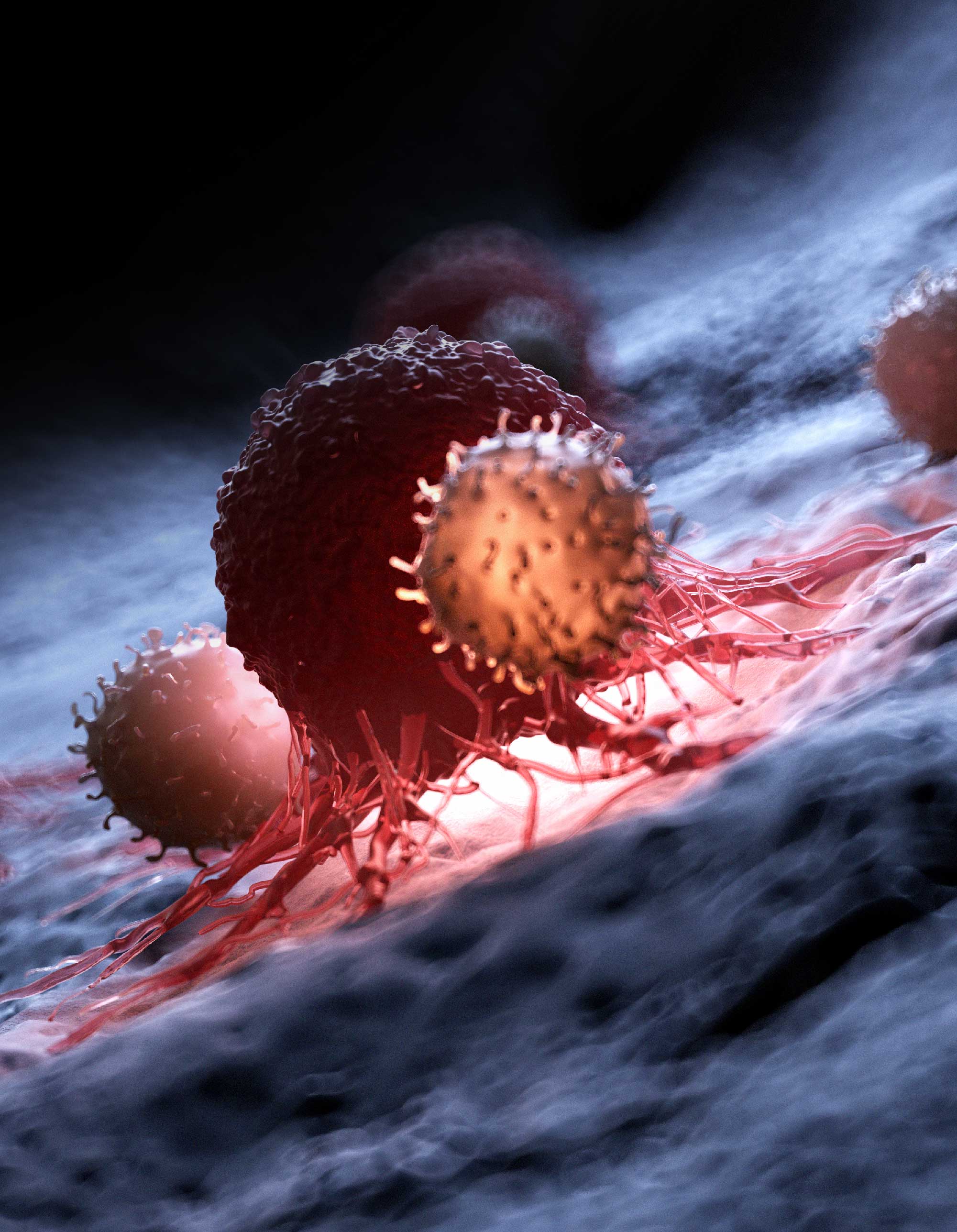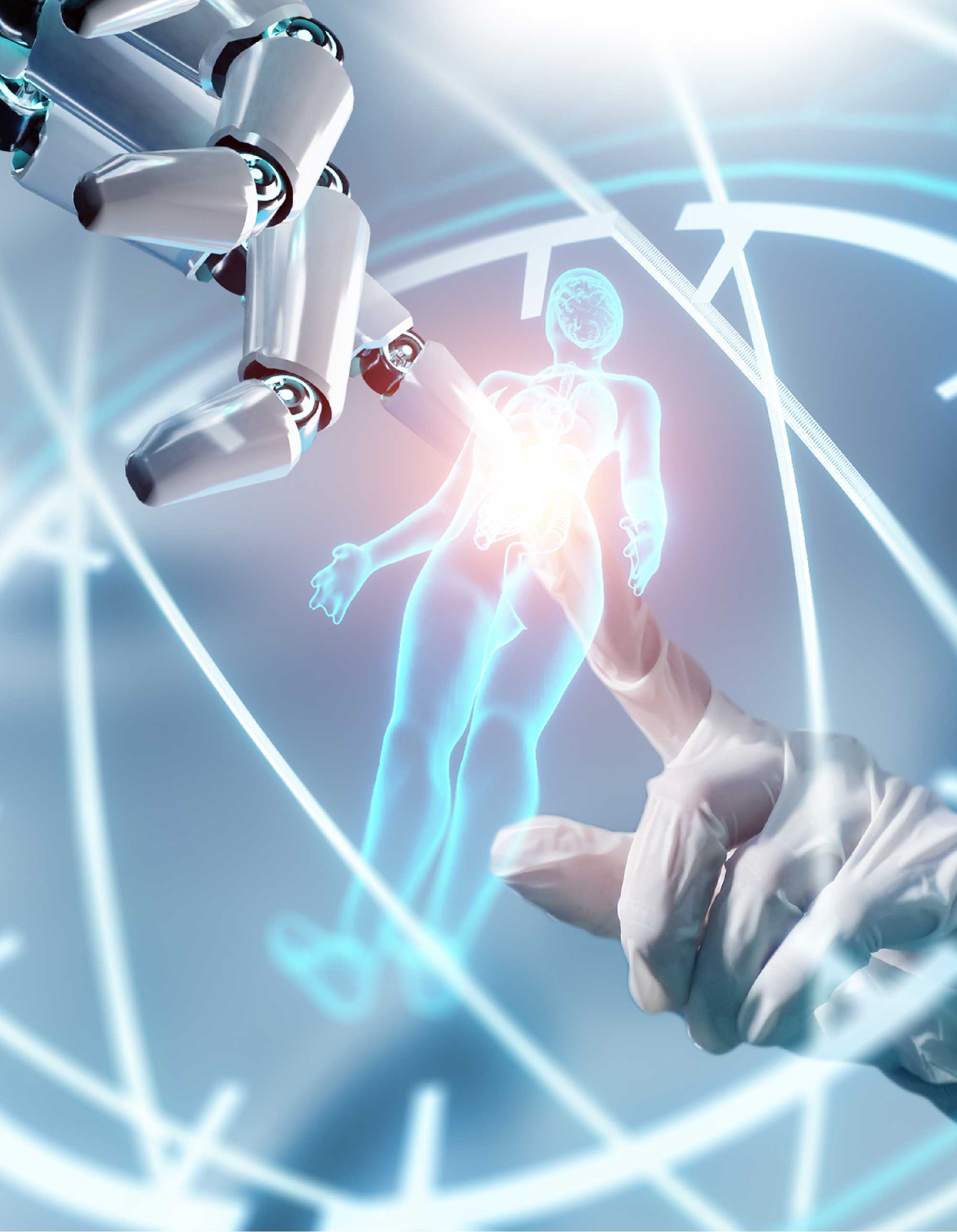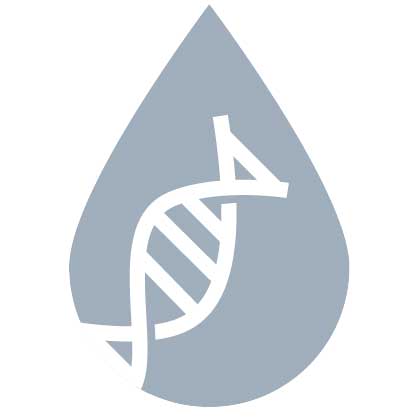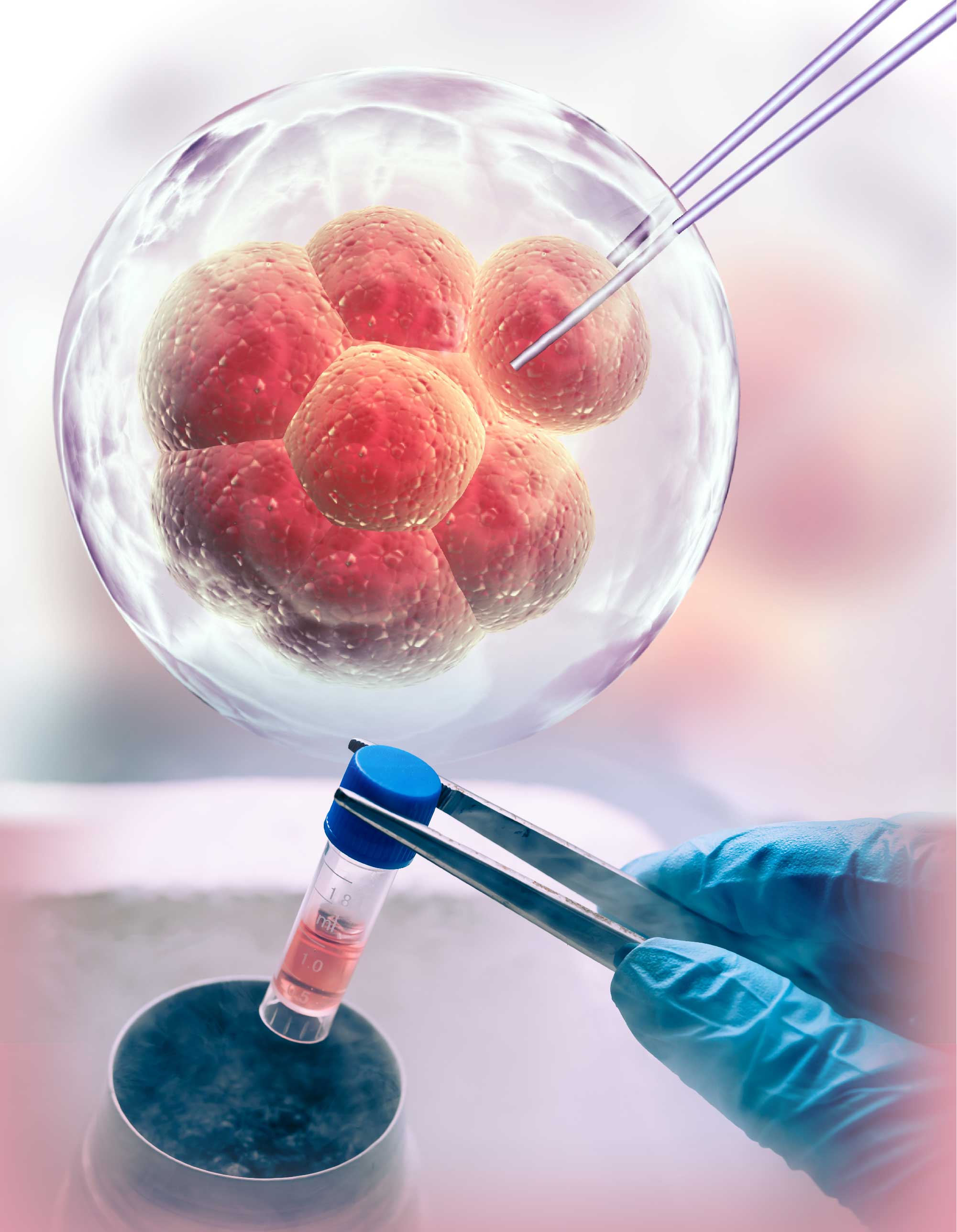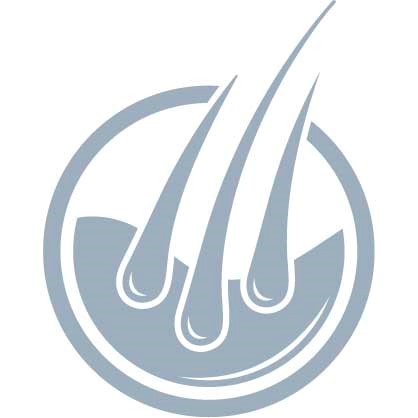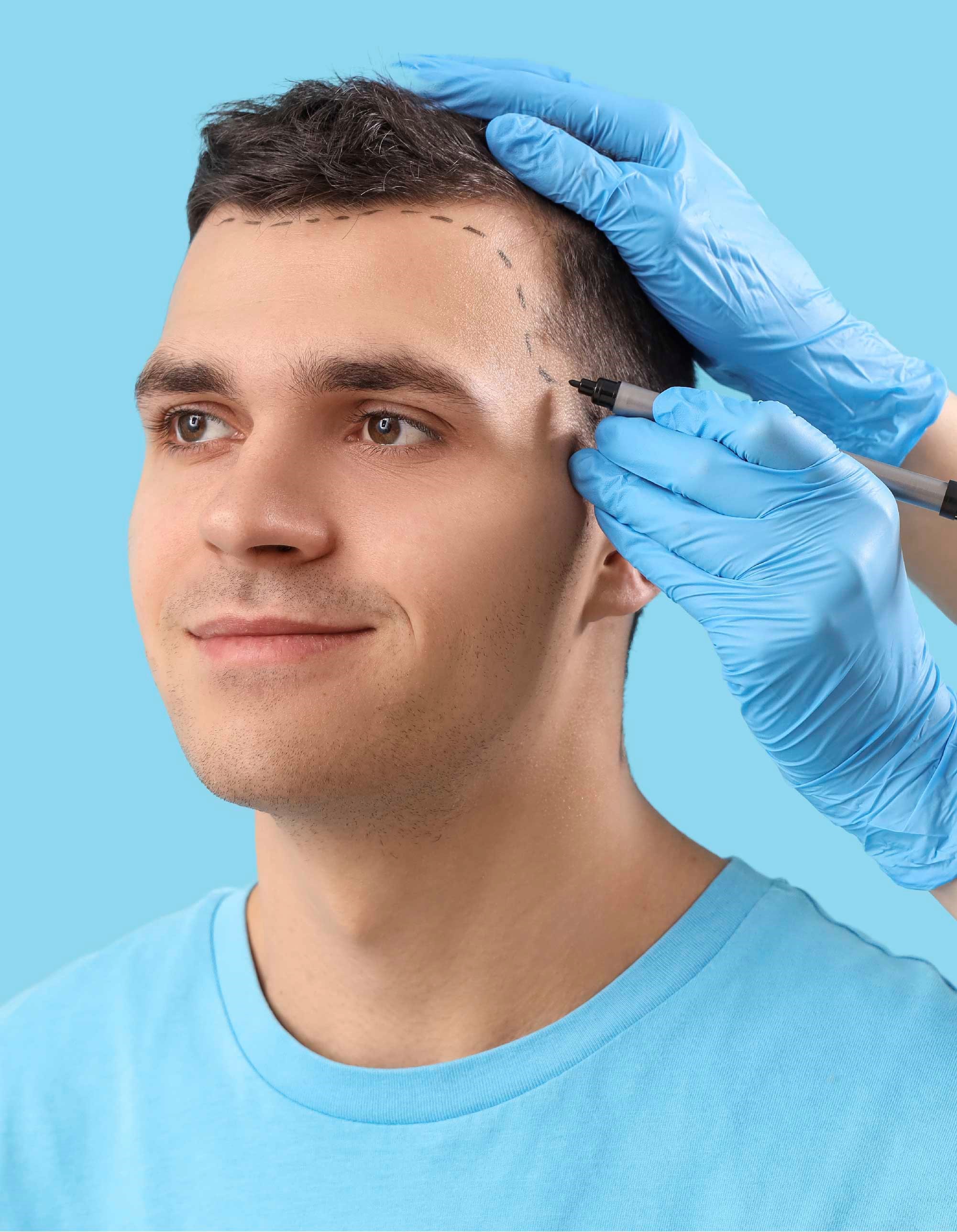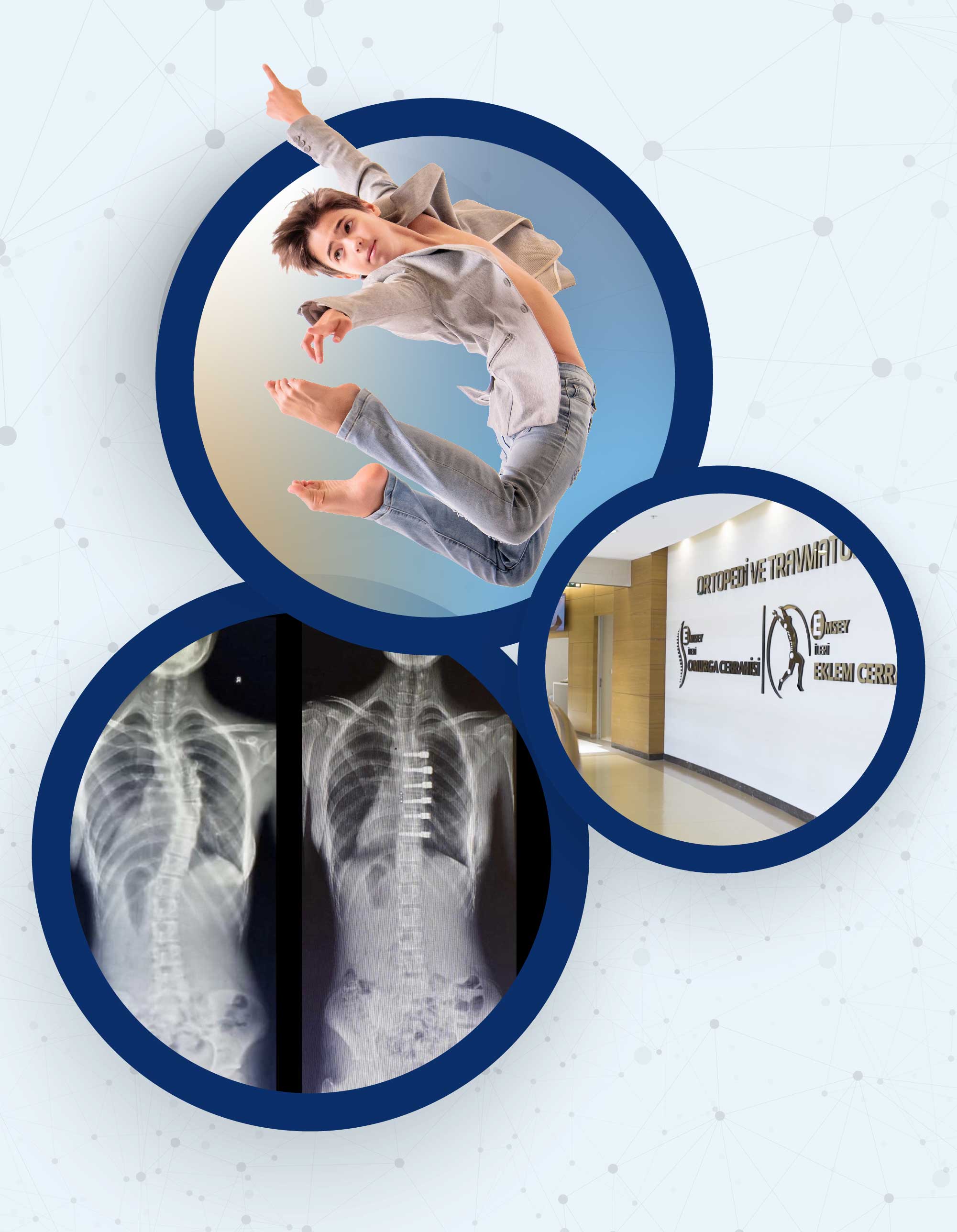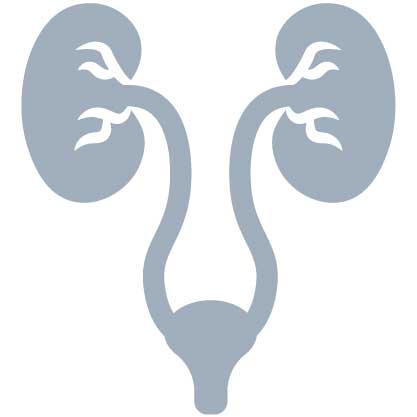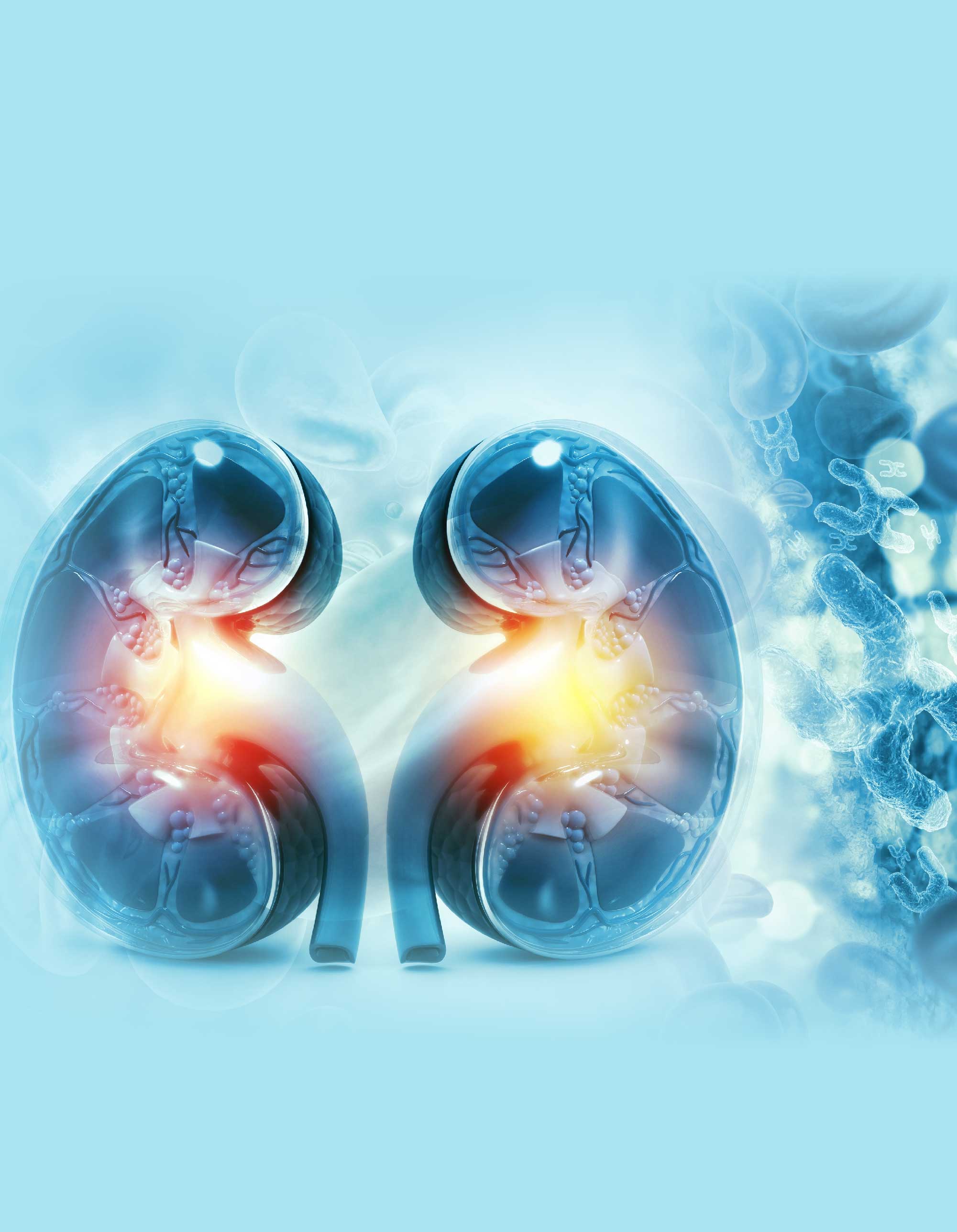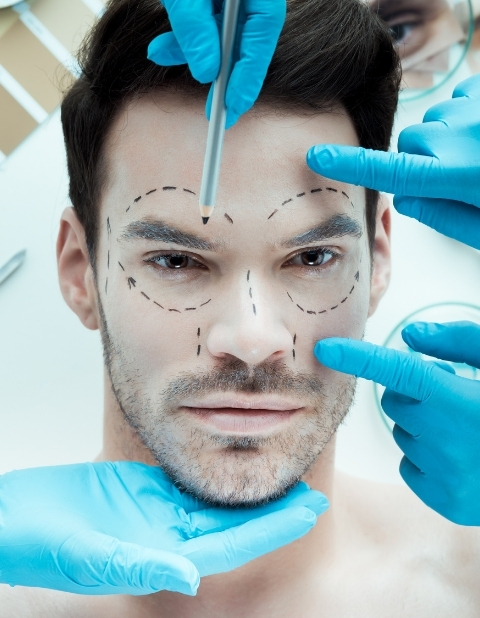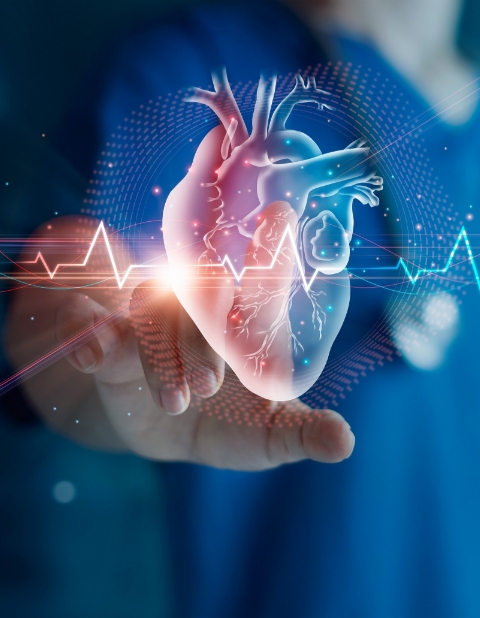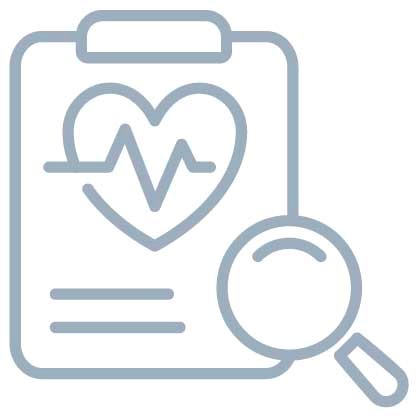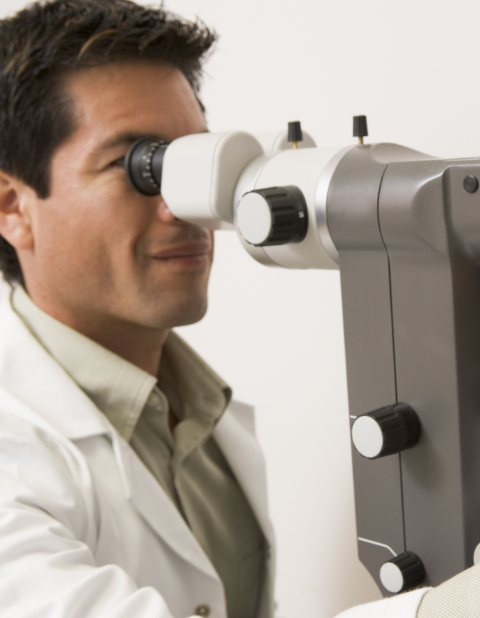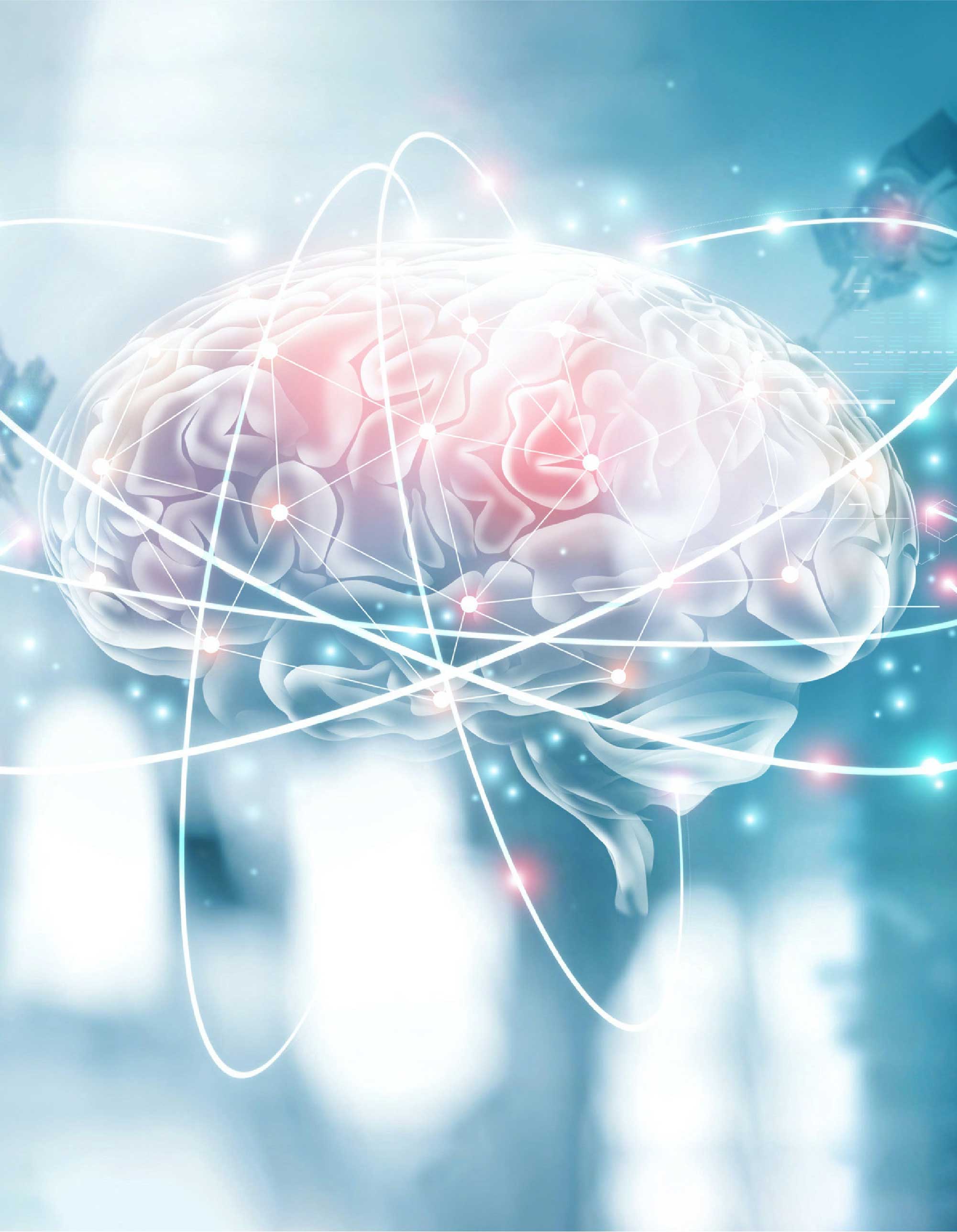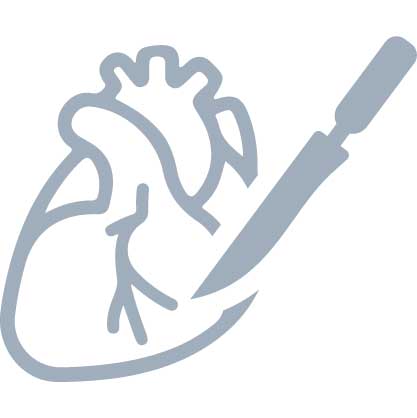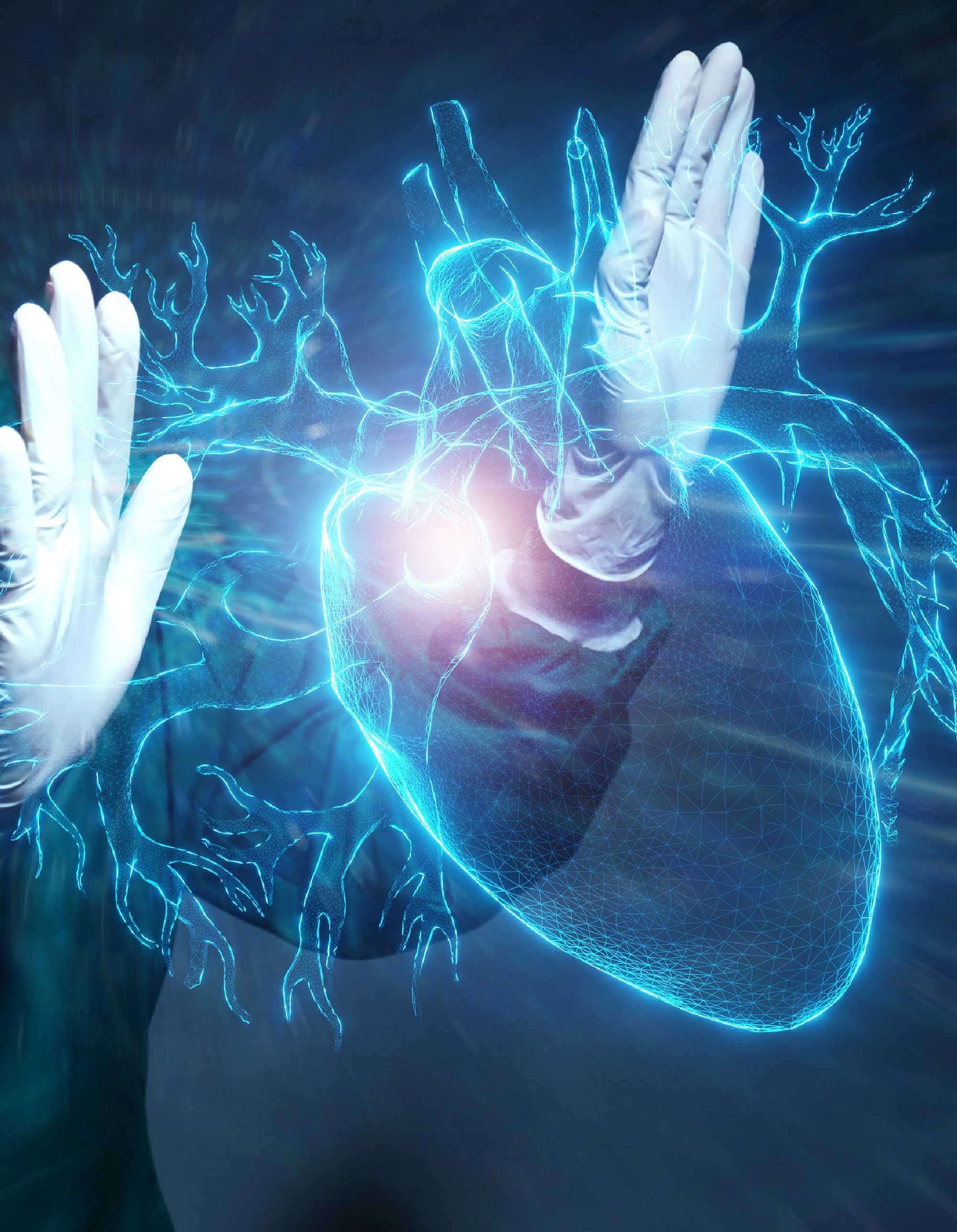
GENERAL SURGERY
GENERAL SURGERY

General surgery is a surgical specialty that focuses on the treatment of a wide range of medical conditions through surgical procedures. General surgeons are highly trained and skilled in performing surgery on various parts of the body, including the abdomen, digestive tract, breast, skin, and more.

General surgeons play a crucial role in patient care and collaborate with other medical specialists when necessary to provide comprehensive care. They also perform pre-operative and post-operative care, ensuring that patients are well-prepared for surgery and receive appropriate follow-up care after the procedure.

We serve our international guests with our experienced staff, multidisciplinary approach, cutting-edge technology and service understanding that complies with many regulations.
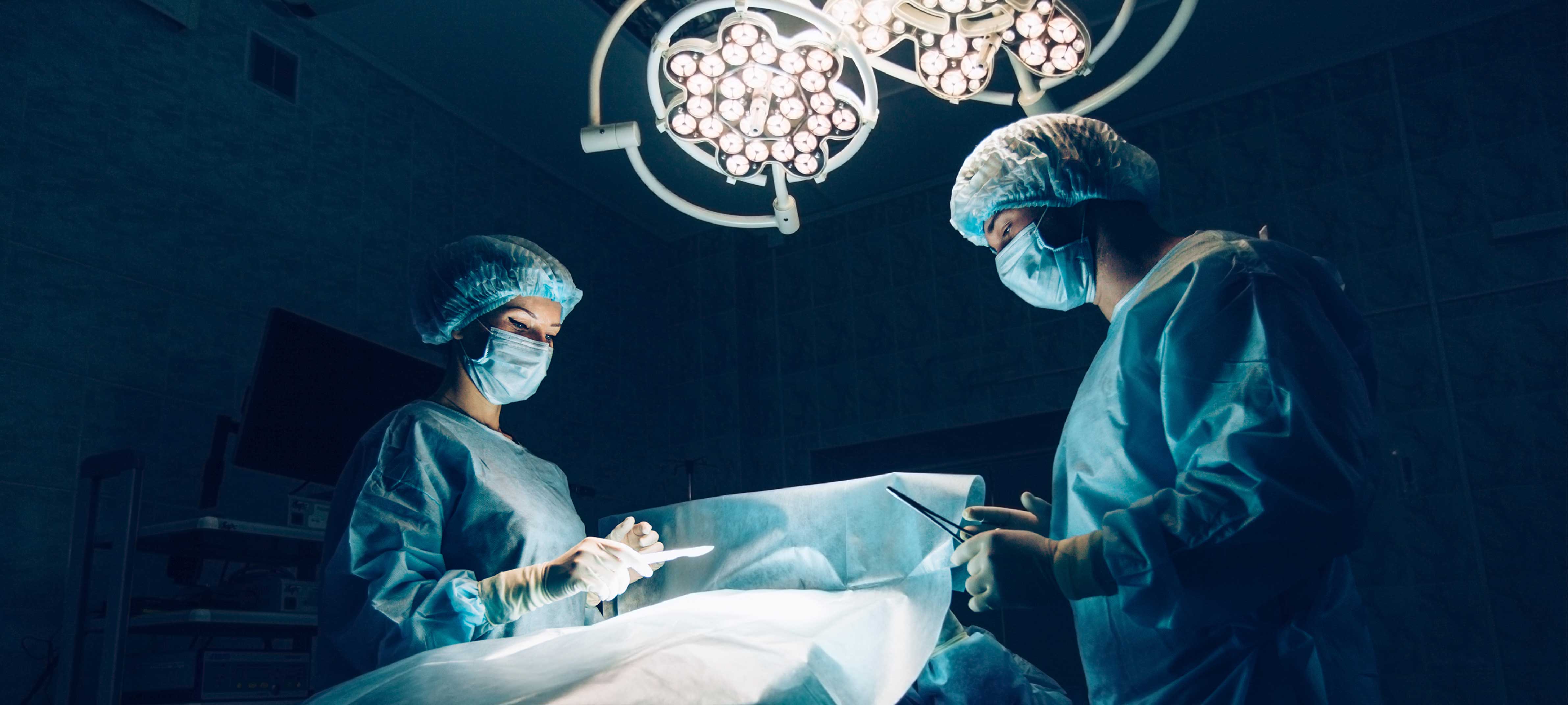
Endocrine and Breast Surgery
The diseases dealt by endocrinology and metabolism diseases department are very common and their prevalence is ever increasing in our country, as is the case with around the world. Such diseases are very prevalent and endocrinology and metabolism diseases department deals with a very wide range of diseases that involves many systems and organs.
What is Endocrine System?
Endocrine system is formed by internal secretory glands.Internal secretory glands synthesize and secrete hormones. Hormones regulate various activities in our body. Certain types of hormones regulate reproduction, metabolism, growth and development. Hormones also control our reaction to the environment and help supply of energy and nutrition sufficient to maintain functions of our body. Hypothalamus, pituitary gland, thyroid, parathyroid, pancreas, ovaries and testicles, adrenal glands, fat tissue as well as endothelium (cells lining innermost wall of vessels) are secretory glands that form the endocrine system.
Who are Endocrinologists?
Endocrinologist is a specialist dealing with the endocrine system. Endocrinologists diagnose diseases that affect the endocrine glands. They are trained to treat various diseases which are generally complex and affect several systems in our body. Your primary physician refers you to an endocrinologist when you experience a problem related to the endocrine system.
What Kind of Medical Education Do Endocrinologists Study?
Endocrinologists study internal medicine for four or five years following 6 years of medical education. They spend further three years to learn how to diagnose and treat hormonal problems. It takes more than 13 years in total to be an endocrinologist.
What Do Endocrinologist Deal With?
Endocrinologists are trained to diagnose and rehabilitate hormone imbalance and related problems. They handle numerous types of cases.
- Thyroid:
- Thyroid nodules (ultrasound-guided thin needle aspiration biopsy specimen obtained to evaluate the condition (TFNAB))
- Thyroid cancers
- Thyroiditis
- Thyrotoxicosis
- Hyperthyroidism (Graves Disease, Toxic Adenoma, Toxic Multinodular Goiter, Thyroid Storm)
- Hypothyroidism (Primary Hypothyroidism, Central Hypothyroidism, Congenital Hypothyroidism, Myxedema Coma)
- Goiter, iodine metabolism
- Parathyroid Diseases
- Hyperparathyroidsm
- Hypoparathyroidism
- Diabetes Mellitus (moreover, Insulin Pump Treatments):
- Hypoglycemia (Low Blood Glucose)
- Hypertension (High Blood Pressure)
- Disorders of Lipid Metabolism
- Metabolic Disorders
- Over- or under-production of hormones
- Osteoporosis (bone loss)
- Bone Tissue Diseases
- Osteomalacia
- Paget’s disease
- Adrenal gland diseases
- Adrenal gland adenomas
- Incidentaloma
- Cushing syndrome
- Addison’s disease
- Adrenal crisis
- Mineralcorticoids and related abnormalities (aldosteronism)
- Pheochromocytoma
- Multiple endocrine system diseases
- Tumors of pituitary gland
- Acromegaly
- Prolactinoma
- Non-functional pituitary adenoma
- Infertility
- Growth retardation (short posture).
- Tumors of secretory glands
- Obesity
- Metabolic syndrome and its treatment
- Endocrinologists may also order certain tests to examine how endocrine glands function.
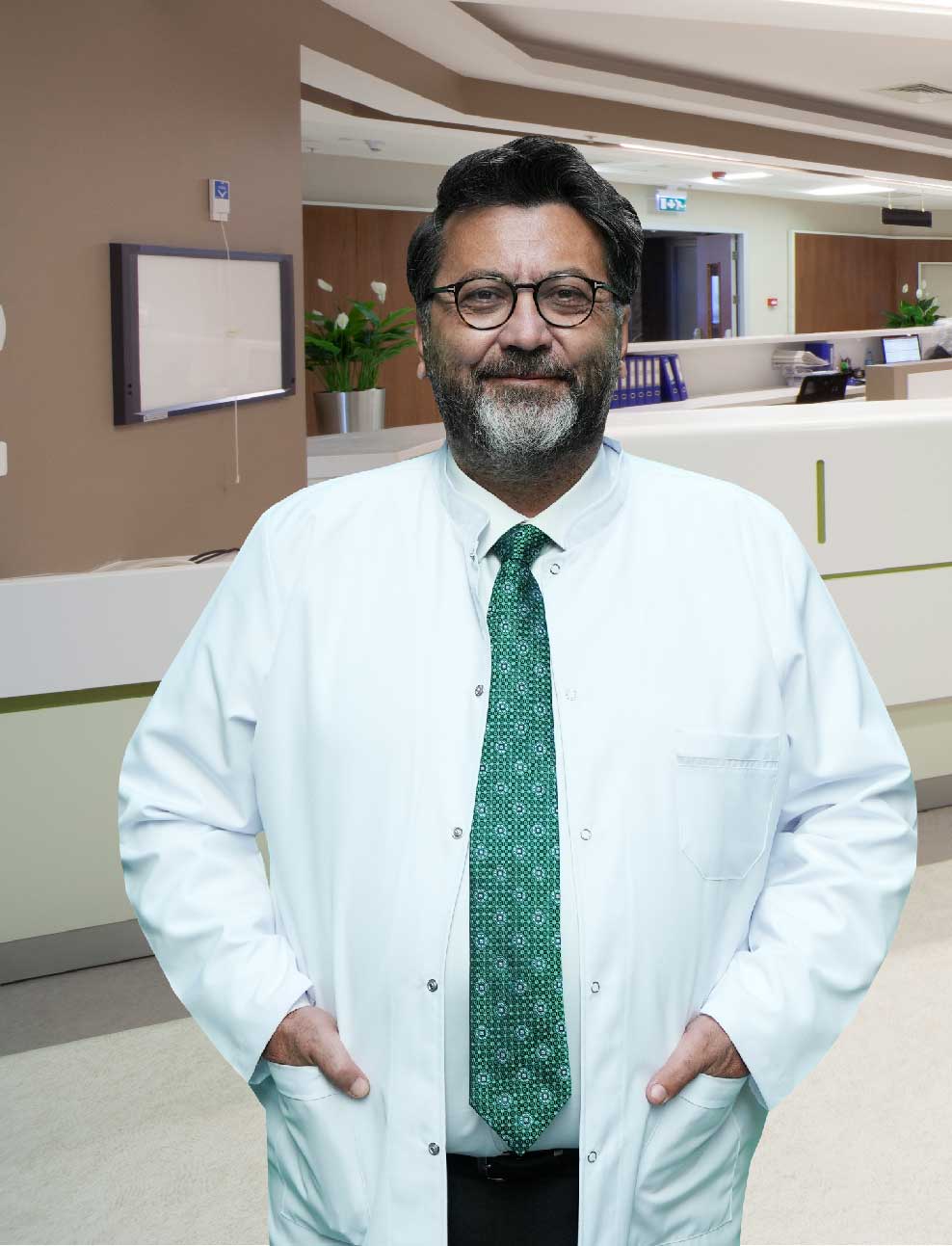
Prof. Dr.
Umut BARBAROS
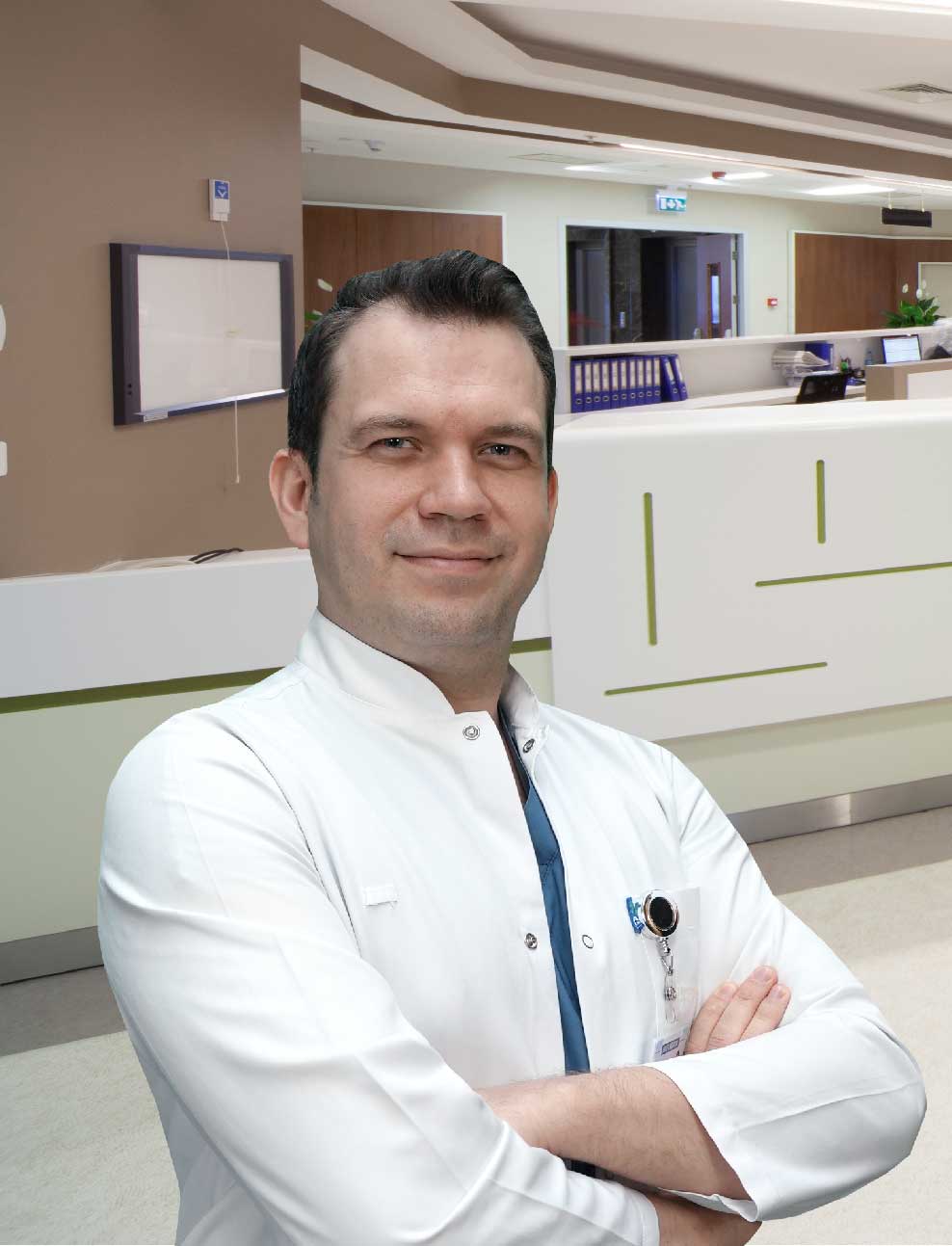
Merih YILMAZ
M.D.

Obesity Surgery
BARIATRIC SURGERY
What is bariatric surgery? Why is it performed?
Bariatric Surgery, also known as Weight Loss Surgery, is the common name given to a group of surgical procedures aimed at helping obese patients lose weight. These surgical procedures are among the most effective treatment methods for preventing the life-threatening complications associated with morbid obesity.
The human body records the high weight it has reached as "normal" at a certain stage and programs itself to return to that weight in case of weight loss. Therefore, weight loss achieved through dieting and exercise may not be possible to maintain for a long time for people who remain obese for a long time. At this point, Bariatric Surgery changes the way the body manages nutrients, allowing for the weight loss achieved through a healthy diet and lifestyle changes to be permanent.
PREOPERATIVE PROCESS
On whom is it performed? Is Bariatric Surgery a suitable option for me?The most important criterion used to determine the suitability of Bariatric Surgery for the person is the Body Mass Index, which is directly related to the ratio of fat in the body. (BMI: weight (kg) / height 2 (meters)).According to this criterion;
Patients with a BMI of over 40 (class III obesity)
Patients with a BMI between 35-40 (class II obesity) and additional obesity-related complications such as hypertension, type 2 diabetes, obstructive sleep apnea, heart disease, fatty liver, and osteoarthritis are suitable candidates for bariatric surgery.
The fact that these patients did not receive sufficient response from other non-surgical treatment methods against obesity such as medication, diet and exercise is also among the sought criteria.The criteria are a bit more selective for minors who are obese: In addition to a BMI over 40, at least one obesity-related complication is required for surgical suitability.On the other hand, bariatric surgery is not suitable in some cases such as during pregnancy, in case of drug and high amount of alcohol use, untreated eating disorders and other psychiatric/cognitive problems, as well as the presence of advanced cancer.In addition, detailed specialist examinations and laboratory tests / radiological exams, including extensive blood tests, ultrasonographic imaging, gastroscopy are required to ensure that the person in question is physically and mentally fit for surgery.In some cases, patients may be asked to follow a strict diet before surgery to make the surgical procedure more comfortable and safer. Proper implementation of this diet can also minimize potential post-operative adaptation problems.
SURGICAL PROCEDURE
What are the techniques used in bariatric surgery?Although their techniques differ, all surgical interventions for obesity focus on changing the anatomy and functions of the digestive system (usually the stomach and sometimes the small intestine).
-Main Techniques-
Sleeve Gastrectomy
It is the most frequently perform / most popular bariatric surgery technique because it uses a relatively simple technique and has a lower rate of complication. In Sleeve Gastrectomy, approximately 80% of the stomach is removed and a sleeve shaped stomach is left behind. The reduced stomach volume (approximately 100-150 ml) reduces the amount of potential food intake and makes the person feel full faster. In addition, the decrease in the hunger hormone secreted from the stomach tissue is also effective in maintaining the metabolic balance and blood-glucose balance.It is performed with a minimally invasive technique (laparoscopic, via a few small incisions) and under general anesthesia. The recovery period of this process, which takes about 2-3 hours, is also very short.However, the fact that stomach reduction is irreversible is considered a significant disadvantage. In addition, considering the potential of the stomach to expand, the rate of weight loss may decrease over the years in people who do not change their eating habits.
Gastric Bypass Surgery (Roux-en-Y Gastric Bypass)
It is a technique in which a "short path" is created between the upper part of the stomach and the new stomach pocket and the small intestine which are divided into two different parts, and the food consumed is made to use this path instead of the normal one.It is also called by its original French name “Roux–en–Y” Gastric Bypass due to the resemblance of the formed bowel structure to the letter Y.With this technique, the food passes directly to the forward segment of the small intestine, the length of which is reduced, by using the "short path" without crossing the lower parts of the stomach. Compared to gastric reduction surgeries alone, it is a more effective technique as it both reduces the volume of the stomach and narrows the absorption distance of the small intestine. Co-morbidities related to obesity and Type 2 diabetes are better controlled with this method. However, there is a risk of small intestine complications that are not encountered with the Sleeve Gastrectomy technique and the hospital stay is a little longer. In addition, since vitamin and microelement deficiencies are common in patients, routine health checks and mineral/vitamin supplements are required.
Biliopancreatic Diversion with Duodenal Switch
Duodenal Switch surgery can be defined as a more detailed operation in which Sleeve Gastrectomy and Gastric Bypass surgeries described above are combined. During surgery, the last part of the small intestine is sutured to the surgically reduced gastric sleeve. This way, food travels directly from the stomach to the last part of the small intestine, bypassing the other intestinal sections, and absorption occurs only in this short intestinal segment. As such, much less calories are absorbed compared to before.Although it is very effective in permanent weight loss, it is a technique used less frequently due to an increased rate of early and late complications despite being an effective technique in reducing comorbidities and bringing Type 2 diabetes under control.It is especially preferred for people with super morbid obesity, with a BMI over 50 and for patients who have undergone Bariatric Surgery before but start to gain weight again.
Gastric Balloon
A medical balloon placed in the stomach and inflated with sterile liquid fills a significant portion of the stomach with its volume and creates a feeling of satiety. With this simple technique that does not require surgery, the goal is to achieve approximately 20% of the excess weight to be lost. It should be removed after about 6 months of use. The weight loss is relatively slow compared to the surgical procedures.Nausea and vomiting, foreign body reactions against the implanted object after the procedure are the disadvantages of the technique. However, the important advantages of the technique are that the procedure is reversible thanks to the intact gastrointestinal anatomy, and that vitamin and mineral deficiencies are not observed, since it does not affect the absorption of nutrients.
How to decide which technique to opt for?
The medical team led by the Bariatric Surgeon decides on the most suitable weight loss technique, taking into account factors such as the patient's BMI, clinical and metabolic condition, targeted weight loss, and the patient's preferences.
POSTOPERATIVE PROCESS
Frequently Asked Questions:
Will there be postoperative pain, aches, or incision scars?
Under normal circumstances, all bariatric surgeries are performed laparoscopically. This ensures that the postoperative period is as painless as possible and that the surgical scars are very small.
How long is the recuperation period and how long does it take to return to daily life?
In general, the patient is discharged from the hospital within a day or two and it is possible to return to work within a few weeks. However, strenuous activities should be avoided for up to 6 weeks. Regular follow-ups are especially important in the first year to discover potential nutritional deficiencies.
How should nutrition and exercise be after surgery?
Dietary arrangements approved by the medical team and started before the surgery in some cases, need to be maintained after the surgery. The transition to a normal diet may take up to 2 months in some cases. In addition, exercises deemed appropriate by physicians should be performed regularly as part of a regimen after bariatric surgery.
How much weight can be lost with surgery? Is the lost weight gained back?
Losing approximately half of the excess weight within 12-18 months after surgery and maintaining this achieved weight is an important goal for success. This goal is achieved in almost all bariatric surgeries. In some cases, the ratio of losing the excess weight can reach 80%. Compliance with the planned daily living activities and diet / exercise regimens is important in keeping this weight steady. There is a risk of gradual weight gain starting from the 2nd year after all surgical procedures, especially sleeve gastrectomy, as a result of insufficient exercise and unsuitable nutrition programs and eating habits.
Is it possible to undergo surgery again?
In case of regaining weight after Bariatric Surgery, Revision Surgeries may be required. However, this possibility is very low in patients who follow the exercise and diet programs. In addition, in the presence of sagging skin tissues, which is one of the important complications of rapid weight loss, you may need to consult a specialist for the reconstruction of these tissues 2 years after the surgery.

Pediatric Surgery
A child is not a little copy of an adult. Children have unique anatomic, physiological, metabolic and physiological characteristics. These characteristics greatly influence diagnosis-treatment approaches and surgical interventions to be made for children. Moreover, even the same disease is managed using very diverse modalities in children and adults. Therefore, the children should be operated on by surgeons, who are educated on diagnosis and treatment of pediatric diseases, namely pediatric surgeons.
Even if very minor surgeries are not properly performed in children, very severe complications are likely to occur. Pediatric surgery is a field of science that has developed to meet these requirements. This branch of medicine deals with diagnosis and management of congenital and acquired diseases in children that begin in the intrauterine life and persist to the end of adolescence.In our Pediatrics Surgery Clinic, congenital and acquired diseases are successfully managed in the light of actual and scientific facts for children ranging in age from 1 day to 16 years.Most of the surgeries performed in our clinic do not require a hospital admission and children can be discharged on the same day. Children stay in single rooms together with their mothers and relatives, if hospitalized. Neonates undergoing surgical treatment due to congenital conditions are monitored and treated by pediatricians and neonatal intensive care nurses at neonatal intensive care unit in both pre-and post-operative periods.
URODYNAMIC LABORATORY;
It is used for diagnosis and treatment of urinary system diseases. (Neurogenic bladder, spina bifida, voiding disorders)
ANORECTAL MANOMETRY LABORATORY;
It is used for diagnosis of constipation, fecal incontinence and congenital anal anomalies.
PEDIATRIC ENDOSCOPY UNIT;
It is used for diagnosis and treatment of diseases of stomach, small intestine and colon. In pediatric patients, imaging studies and surgical procedures are done for esophagus, stomach, small intestine and the entire colon.
NEONATAL DISEASES
After prenatal diagnosis is made, family is informed about the course of action and following procedures in post-natal period.
Common disorders, mostly congenital, for neonates (from birth to the first 30 days of life) are as follows:
Esophageal atresia, congenital and developmental anomalies of lungs leading to respiratory distress in children, diaphragmatic hernia, intestines into the chest cavity. Omphalocele and gastroschisis (extra-abdominal location of bowel secondary to atresia of abdominal wall). Congenital Intestinal Obstruction, anal atresia, congenital absence of rectum. Cysti hygroma, large cystic nodules/tumors in head&neck region, congenital aganglionic megacolon, absence or lack of nerves in distal segment of colon that prevents children from passing stools. Renal, urinary tract and urinary bladder disorders that can be identified in pre-natal or post-natal period. Every type of tumor in neonatal period, neonatal circumcision
PEDIATRIC UROLOGY
In urogenital system diseases in children, Pediatric Surgeons, Pediatric Nephrologists, Radiologists and Nuclear Medicine Specialists examine children and their test results. After treatment is planned, endoscopic, laparoscopic and open surgery interventions are carried out by Pediatric Surgery Clinic.
Hydronephrosis, hydroureteronephrosis, congenital urethral strictures, vesico-urethral reflux ( retrograde flow of urine from the bladder into the ureter, bladder dysfunctions, voiding disorders, urinary incontinence, penile anomalies, An abnormal direction of urine flow from the underside of the penis, (hypospadias), Epispadias, Penile curvature, Labored urination, revision of circumcision
OTHER COMMON DISEASES IN PEDIATRIC SURGERY
Surgical Diseases of Inguinal Region
Undescended testis
Inguinal hernia
Hydrocele
Varicocele
Torsion of testis
Gastrointestinal Disorders
Diagnosis and treatment of every kind of diseases resulting from intraabdominal organs are included.
Pediatricians and Pediatric Gastroenterologists closely cooperate with each other.
All the means of the modern medicine are successfully applied in surgical treatment for this group of diseases, including endoscopic and laparoscopic surgery.
Congenital anomalies of digestive system in which signs appear late.
Stricture of esophagus, secondary to caustic and corrosive materials
Stricture of esophagus in children, secondary to foreign body ingestion
Gastroesophageal reflux disease
Appendicitis, which is manifested by abdominal pain, should be considered for every child and can be harder to diagnose and results in further problem in younger children
Intestinal obstructions
Intestinal or gastric bleeding
Constipation or fecal incontinence
Hepatobiliary diseases
Treatment of Hepatobiliary diseases and congenital or acquired surgical diseases is done.
Cysts, abscess and tumors of liver
Congenital atresia, cystic dilatation or bile stone of bile ducts
Surgical diseases of pancreas
Cysts, sinuses, mass lesions, torticollis and enlarged lymph nodes in head&neck region
Thyroid diseases (goiter, cyst and tumors)
Congenital and acquired lung diseases
Congenital chest wall deformities, like pectus excavatum and pectus carinatum
Abscess and empyema secondary to pulmonary infections
Foreign body in respiratory tract
Emergencies like pneumothorax ( presence of air in the pleural cavity) and hemothorax ( presence of blood in the pleural space)
Trauma, traffic accident, fall and burn in children
Female reproductive system and genital diseases
Labial fusion or genital region adhesion in girls.
Imperforate hymen
Ovarian torsion
Ovarian cyst
Disorders of sex development, ambiguous genitalia
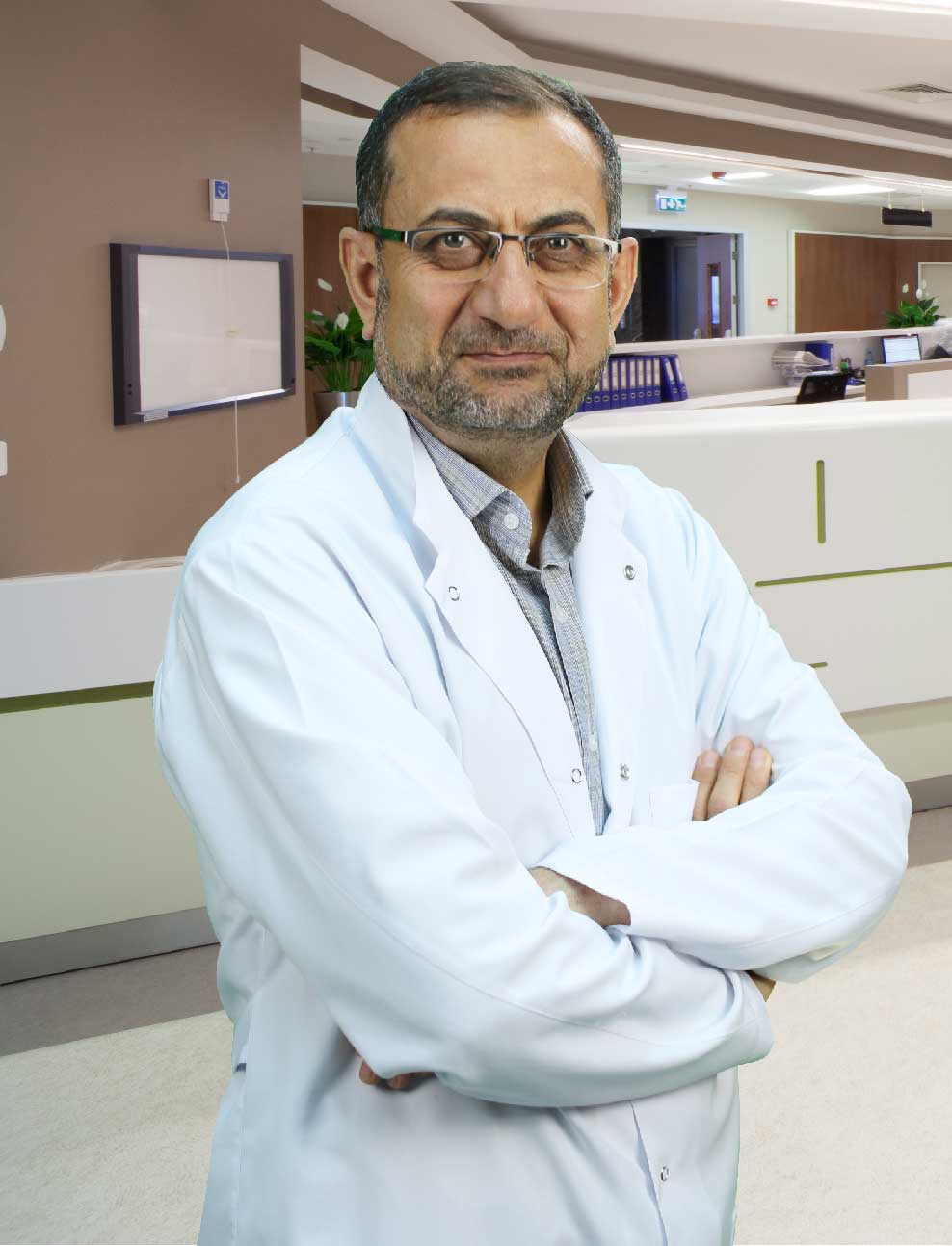
Prof. M.D:
Zekariya İLÇE
sasaas



